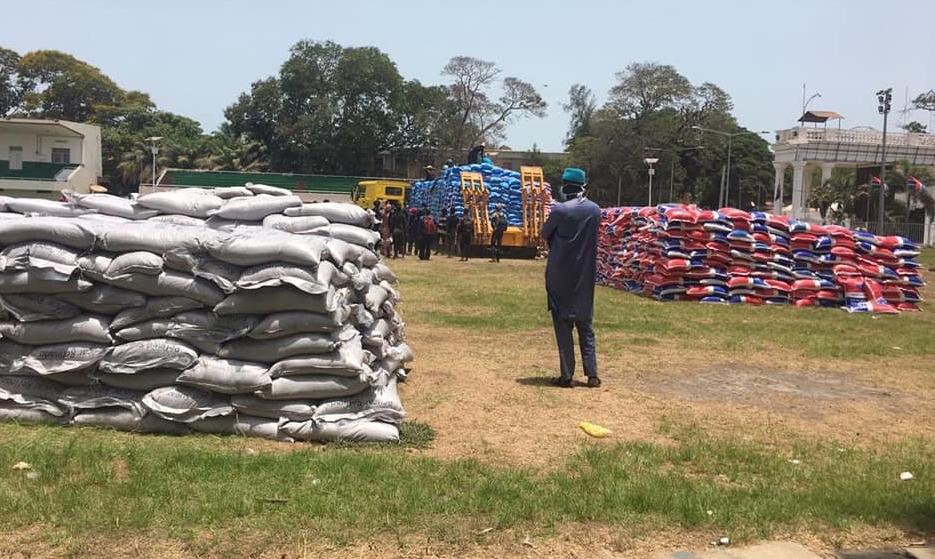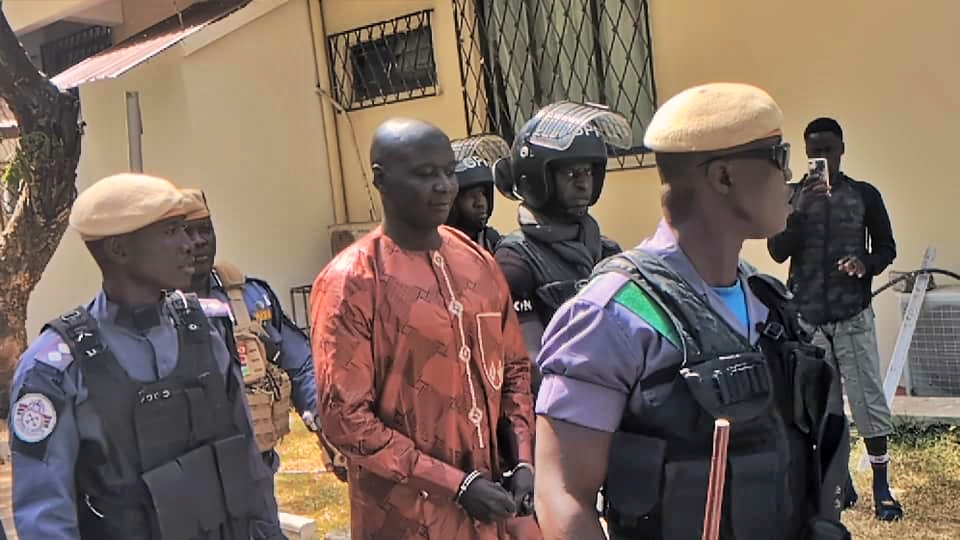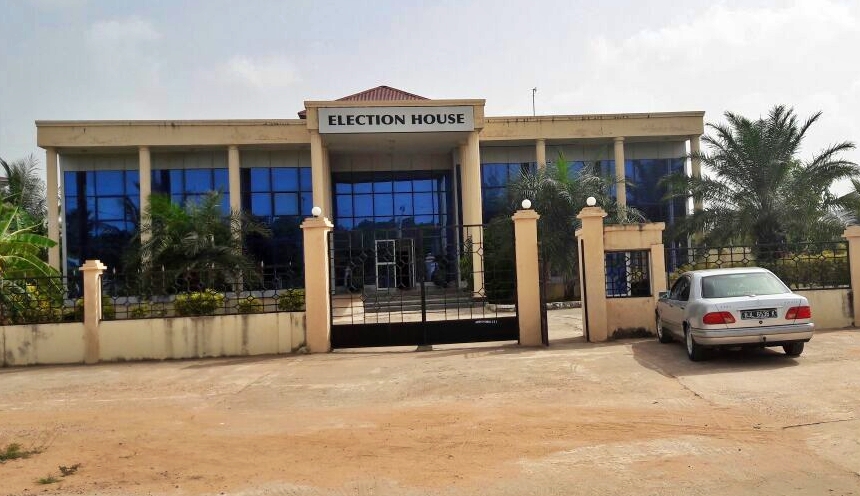Gambiaj.com – (BANJUL, The Gambia) – The Attorney General and Minister of Justice, Dawda Jallow, has announced that security officials occupying positions and individuals holding sensitive information within the government will undergo vetting under the proposed National Vetting Agency. This initiative, currently tabled before lawmakers for consideration and approval, aims to enhance national security by ensuring that only individuals deemed “acceptable security risks” serve in critical roles.
Responding to concerns raised by several National Assembly Members (NAMs) during the bill’s second reading on Monday, Jallow explained that the agency would be led by a director general appointed by the president, in consultation with the Public Service Commission and the board. The agency’s responsibilities would include conducting security vetting for all current and future officeholders in the security sector and public institutions, issuing security clearance certificates to those deemed suitable, and identifying individuals considered “unacceptable security risks.”
According to the bill, an individual will be considered an unacceptable security risk if they are not loyal to Gambia and its constitution and values or if they could be manipulated, induced, or blackmailed in a manner detrimental to the country’s interests. This assessment extends to individuals whose spouses or close associates fall within these criteria. Moreover, those who refuse or are incapable of participating in the vetting process will also be deemed unacceptable security risks.
The bill also stipulates that any security officer or public body postholder without clearance may be transferred to a non-sensitive position or face termination.
Banjul South NAM Fatoumatta Njai voiced strong opposition to the bill, insisting that she would not support the creation of an institution without parliamentary approval for its officials. “I will not support this at all until it is given to the National Assembly. This is going to undermine the National Assembly. It is just to create employment for government supporters and we have seen how this government appoints wrong people. The country is not moving because we appoint based on political affiliation,” Njai stated.
Minority leader Alagie S Darboe and Kiang West NAM Lamin Ceesay expressed fears that the bill could lead to the witch-hunting of individuals perceived to be opposition sympathizers in the security sector and other critical government positions. “How do you measure someone’s loyalty to the Gambia and the constitution? What are the determinants of that loyalty?” Darboe questioned.
Upper Fulladu West lawmaker Bakary Kora also expressed concerns about whether the bill would apply retrospectively. In response, Justice Minister Jallow assured that while there is no retrospective clause, all current position holders would be vetted once the agency is established. “So vetting will take place immediately when the institution is put in place,” he affirmed.
Addressing fears of potential witch-hunting and victimization, Jallow emphasized that such outcomes are not anticipated unless the agency allows itself to be misused. He noted that the proposed vetting system aims to provide objective criteria for security sector reform, ensuring that decisions such as retiring a general or denying a promotion are defensible.
Furthermore, Jallow clarified that the agency would develop its own rules and procedures, applying them not only to security officials but also to anyone handling sensitive national information, excluding political office holders. “Anybody who is to attain a certain level of responsibility, you have to go through security clearance. So, you will be vetted and it will be determined by that agency whether you are competent to occupy that position,” he explained.
Responding to concerns from Niamina Dankunku NAM Samba Jallow about the financial impact of creating a new agency and potential duplication of existing internal vetting processes within security institutions, Minister Jallow stated: “This is a deliberate government policy and if the government decides that it should be put in place, I think the government has factored that in place already.”










